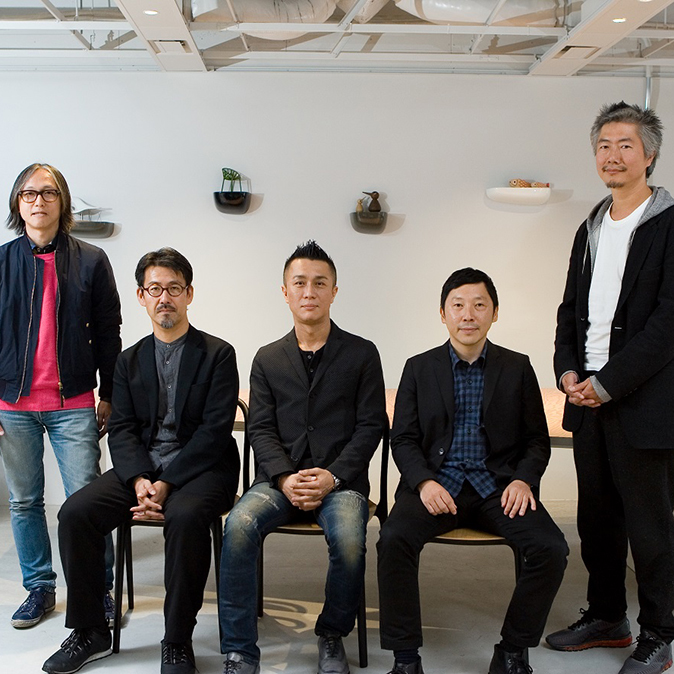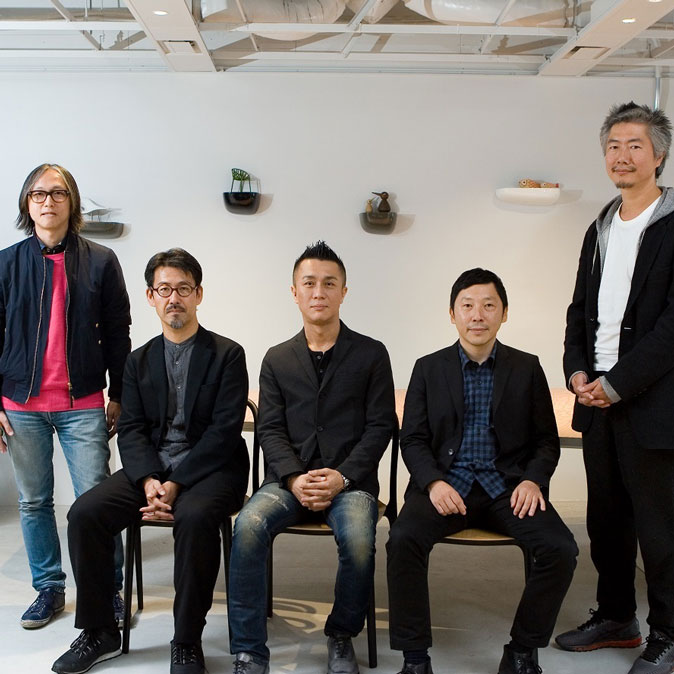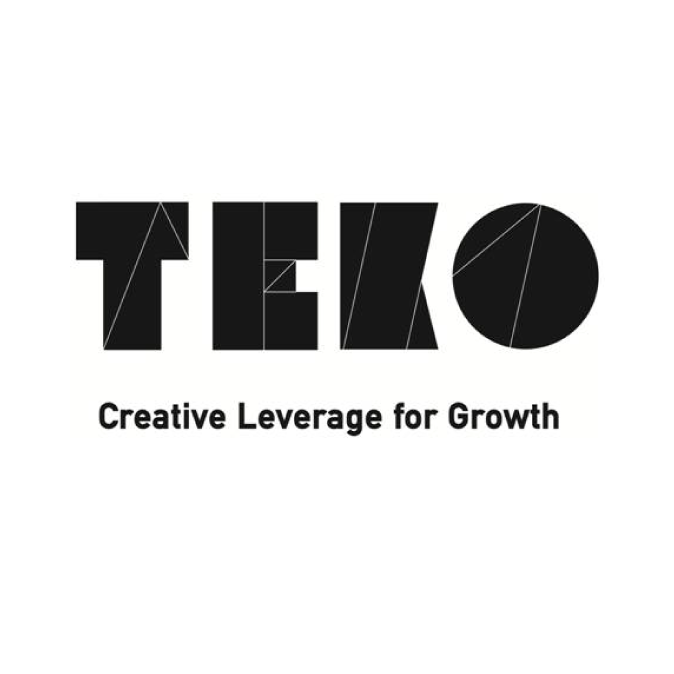- Viewpoints
The new method that a collaboration between Hakuhodo’s TEKO and Deloitte Tohmatsu is using to solve challenges
TEKO, a Hakuhodo growth studio that leverages creativity to support its clients’ growth, and Deloitte Tohmatsu Financial Advisory LLC (DTFA), the financial advisory unit of one of Japan’s largest professional services firms, Deloitte Tohmatsu Group, began collaborating in November 2019. Why did these two companies with very different business methodologies and cultures pair up? And what value will the partnership create? We asked four of the collaboration’s key people to explain.
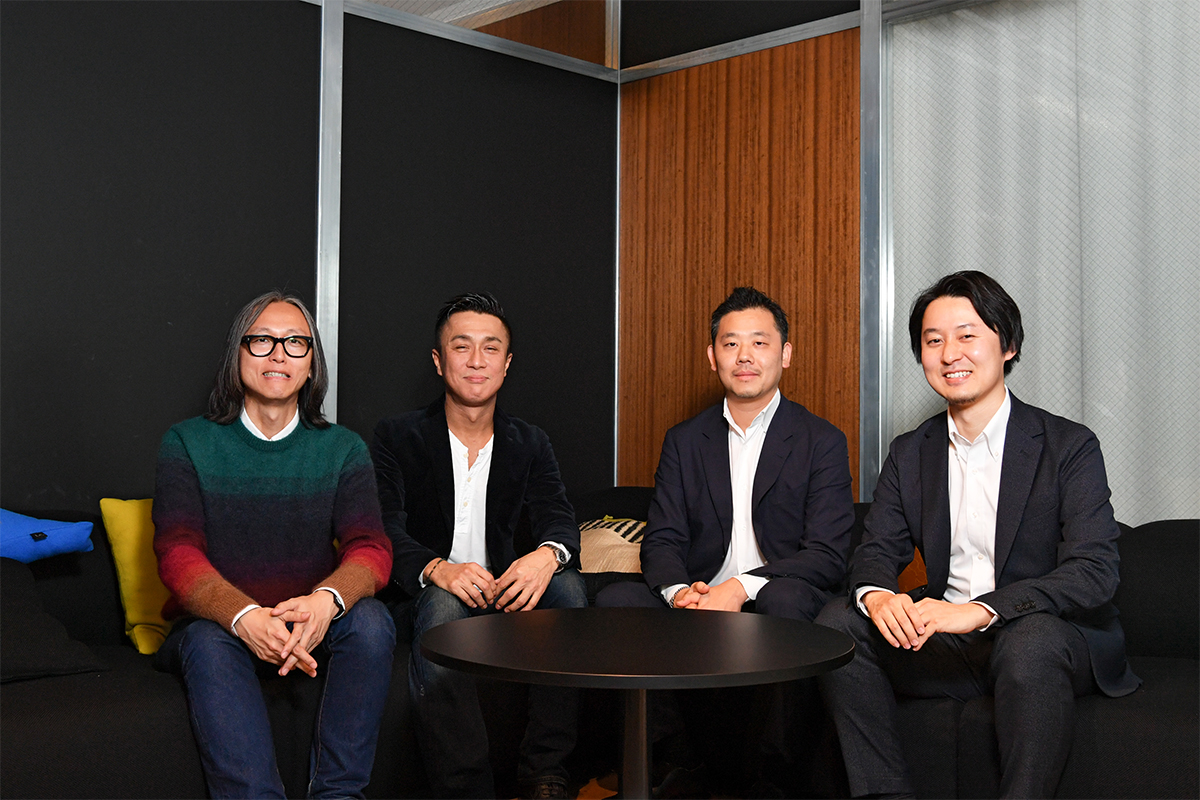 From left: Tomoki Harada (TEKO), Tomonori Osawa (TEKO), Masafumi Ito (DTFA), Hiroki Miyake (DTFA)
From left: Tomoki Harada (TEKO), Tomonori Osawa (TEKO), Masafumi Ito (DTFA), Hiroki Miyake (DTFA)Sensibility and reason, creativity and finance: The synergies that come from crossing different methodologies
The collaboration between TEKO and DTFA was announced recently. Could you overview of your teams for us?
OSAWA (TEKO)
Could we use creative skills we’d honed in advertising outside of advertising to support companies to grow? TEKO came together two years with a vision of exploring this. Originally the team was comprised mostly of creative directors, but this year we increased our numbers and clarified our “growth studio” concept, through which we aim to grow our clients’ business.
HARADA (TEKO)
The name TEKO comes from the principle of the lever (teko in Japanese), and expresses our goal of leveraging the power of creativity in our clients’ business.
ITO (DTFA)
Deloitte Tohmatsu Group’s areas of specialization can be roughly divided into five areas. Audit & Assurance, Risk Advisory, Consulting, Financial Advisory, and Tax & Legal. DTFA is a financial advisory that works in the M&A and crisis management area of the above. We have different teams for different client industries, and I work with the life sciences and healthcare sector.
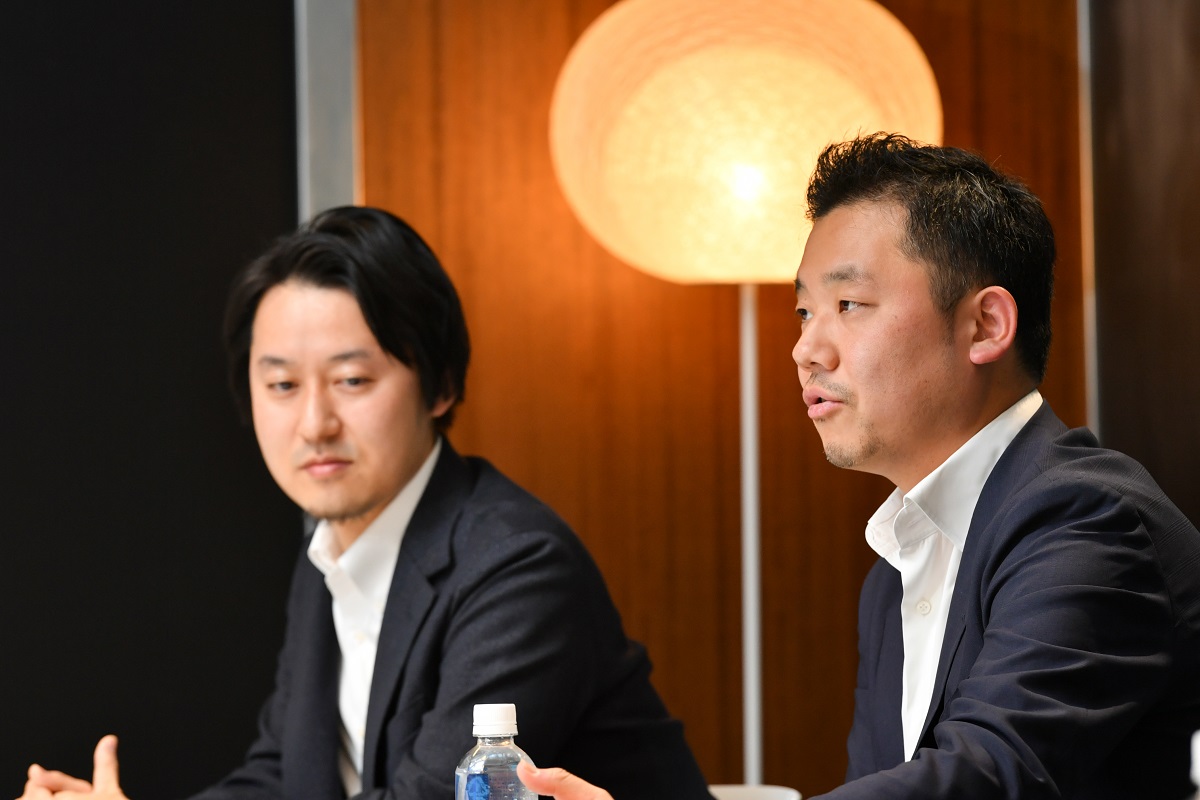
What are your two companies aiming for with this partnership?
OSAWA (TEKO)
Mr. Ito and I started talking about the possibility of doing something new together about a year ago, I think it was.
ITO (DTFA)
That’s right. There are a lot of companies looking to create new businesses today, and we also felt that we needed to try something new and not just rest on the laurels of our existing business. That was not going to be easy to do on our own. But if we combined the business assets we’d built up till now with other assets, perhaps we would be able to do things that had not been possible up till now? With this in mind, we approached TEKO.
MIYAKE (DTFA)
I have worked at an advertising agency myself, so I felt that while ad agencies and consulting firms are both in the business of solving clients’ challenges, they each go about it in very different ways. So when talk about collaborating came up, I thought that connecting two totally different methodologies would be sure to create huge synergies.
OSAWA (TEKO)
Our approaches really are different, aren’t they. When we started working together, I was shocked at just how much they were, to be honest. Had we really been making such different proposals to the same client? But actually, TEKO and DTFA had basically received the same order from the client—what could we do to support them to grow? I thought the benefit to clients of having us working together would be huge.
HARADA (TEKO)
Creating visions for businesses and visualizing the pathways to achieving those visions is something that we ad agencies do all the time. We excel at rendering that which belongs to the realm of the sensitivities or the emotions into something visible to all with one word or visual. Meanwhile, the DTFA team are masters at clarifying things using the mechanism of accounting or, in other words, numbers. In a nutshell, we are creative professionals and DTFA are finance professionals. The great significance of this collaboration is, I think, the new chemistry generated by crossing creativity with finance.
MIYAKE (DTFA)
What characterizes Deloitte Tohmatsu Group, in my opinion, is that it always deals with facts and the present situation. Ad agencies, on the other hand, have the power to conceive a discontinuous future. It’s a symbiotic relationship where both parties bring strengths to the table that complement each other.
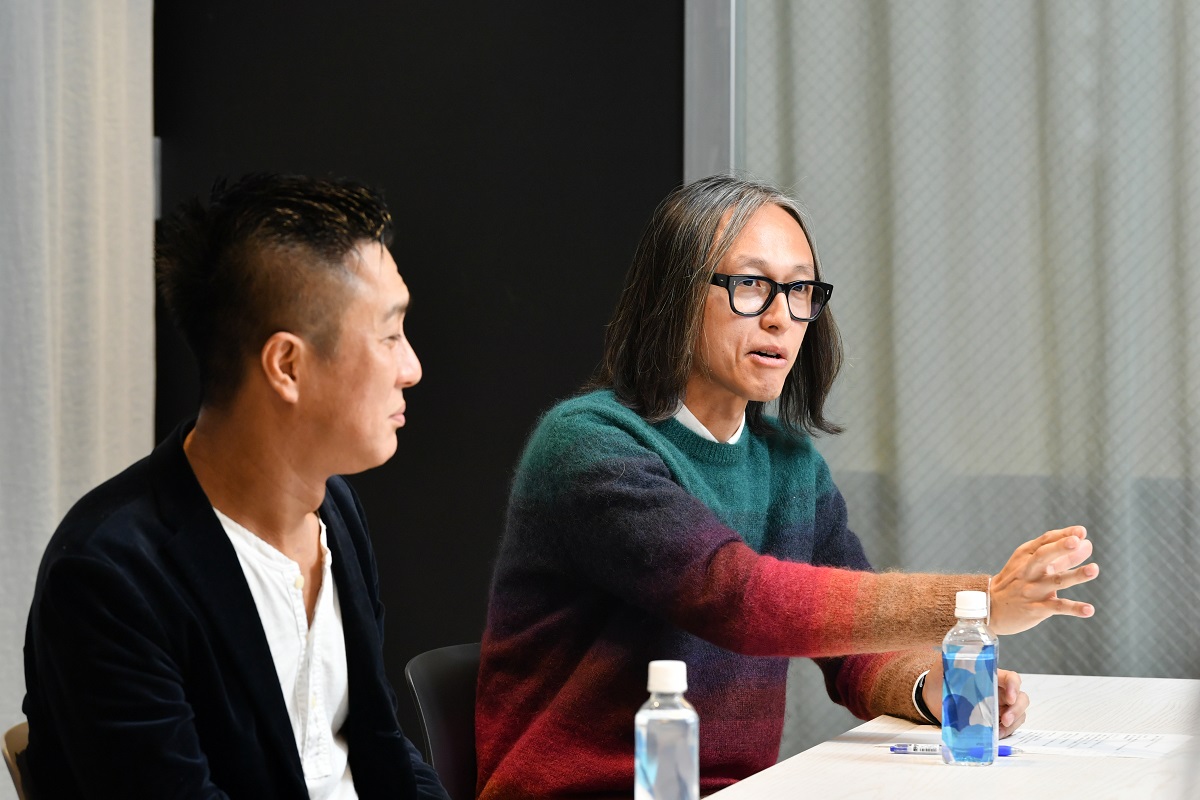
Do you think your clients need a collaboration like this?
ITO (DTFA)
There has been a change in CEOs’ perceptions recently. Required to increase the speed of their decision-making while having to cope with masses of information every day, they now feel that besides economic rationality, a certain “emotion” is needed to reach decisions. I think that those who think this way are increasing in number. I mean emotions like “I love this business,” “this work is fun” and “this work excites me.”
HARADA (TEKO)
Their passion as CEOs and their intuition regarding the true purpose of the company. I, too, think that more and more CEOs place importance on these. You might say that we are in an age where it’s not possible to face the future without the emotions.
OSAWA (TEKO)
Companies no longer expect continuous growth. The starting point for working toward discontinuous growth is “facts” and “the present situation” seen with cold hard reason. If you add imagination to this, the potential for a business to grow expands exponentially. Both companies have been helping our clients in our own ways up till now, but by marrying DTFA’s ability to grasp the present situation and TEKO’s ability to imagine the future, we are able to contribute more to our clients’ growth than ever before.
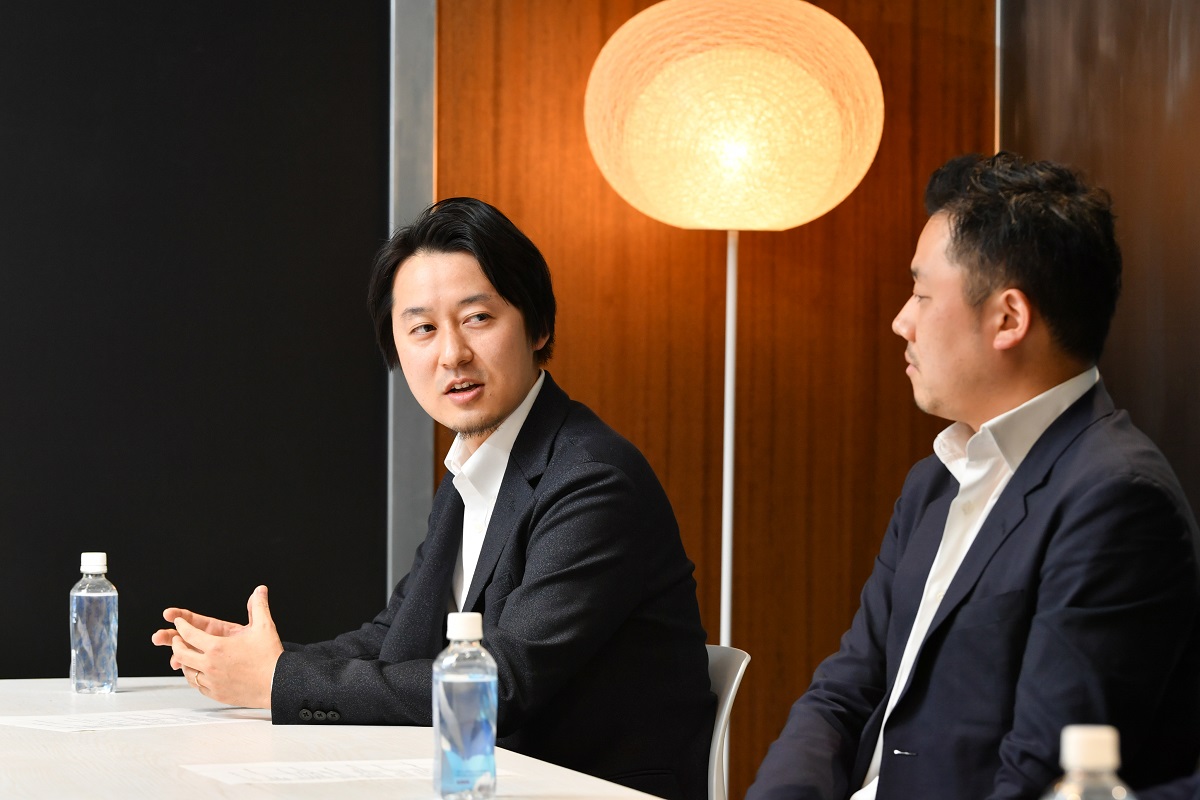
Finding a “North Star” together with clients
ITO (DTFA)
Because we are in an age where foreseeing the future is getting more difficult, I think that CEOs today need to discover a “North Star” beyond the foreseeable future three years or five years from now. In fact, we are receiving more and more such jobs. It is not possible to navigate uncharted waters without a point of reference.
OSAWA (TEKO)
Absolutely. I also think that clients are looking for a partner to work with them to find their “North Star.” I don’t think it matters much to clients whether that partner is a consulting firm, an ad agency or some other entity.
HARADA (TEKO)
So any partner that can help them find a bigger or a brighter “North Star” is a good partner.
ITO (DTFA)
Beyond that, we want to not just find such “North Stars” for individual companies, but to find and put forward a “North Star” for all of Japan. The challenges that Japan will face as its population declines cannot be solved if we don’t all think about them together. Bringing together TEKO, with its relationships with many companies and deep understanding of their challenges and needs, and our own capabilities, I believe we will be able to take on such massive challenges.
MIYAKE (DTFA)
I think that the slogan that Mr. Harada created for this collaboration—“Transform Nippon”—exactly expresses our desire in that regard.
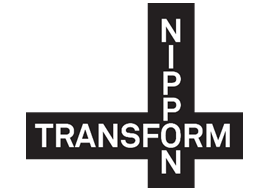 Logo with the collaboration slogan, “Transform Nippon”
Logo with the collaboration slogan, “Transform Nippon”The co-creation consortium: A new way for companies to collaborate
What initiatives do you plan to undertake?
OSAWA (TEKO)
As Mr. Ito said, we are in an age where it is difficult for one company to tackle problems alone. The first thing our collaboration is working on is creating forums for various companies to share their challenges and visions through which we will help each company to draw up strategies to enable them to grow. In particular, we’d like to launch “consortiums” for each issue, linking multiple companies in an effort to find ways to solve social issues and corporate challenges.
MIYAKE (DTFA)
DTFA has helped many companies with their mergers and acquisitions. Physically linking companies is probably the area we most excel at.
HARADA (TEKO)
Conversely, TEKO’s skill is linking companies spiritually. Advertising agencies have created slogans and codes of conduct and done other such work countless times to bring together companies with different cultures and histories when they merge. I feel that the combination of skills of our two companies will enable us to create a new kind of collaboration between companies.
OSAWA (TEKO)
The subjects of the first consortium are health and communities. These also happen to be the specializations of Mr. Ito, but beyond that, I don’t think Japan has a future if it doesn’t tackle these two issues.
ITO (DTFA)
There is not one company that isn’t somehow connected with health or communities. All kinds of business themes are connected to them, or to put it differently, there are business opportunities for all kinds of companies there. But you wouldn’t necessarily say that they are all doing a good job. Today, they are all tackling them individually, but continuing to do so will not make Japan healthy. So we are proposing that companies get together to quickly solve these problems as one.
Key points for operating the consortiums
HARADA (TEKO)
We will be approaching various companies, but I think it’s essential that all participating companies come to share sei-katsu-sha insight perspectives, whether they be involved in B2B or B2C. The reason is that sei-katsu-sha are at the end of even the B2B business, and in order to actualize business, it is essential to grasp what sei-katsu-sha are feeling and what they are looking for. I think that in terms of operating the consortiums, sei-katsu-sha insight, which Hakuhodo has valued consistently for a long time, will be useful.
ITO (DTFA)
In terms of the sustainability of the consortiums, too, sei-katsu-sha insight will be invaluable. If we can’t create a mechanism for taking money for providing value that sei-katsu-sha need, initiatives won’t last. I’d like to see TEKO put its skills to work in this area, too.
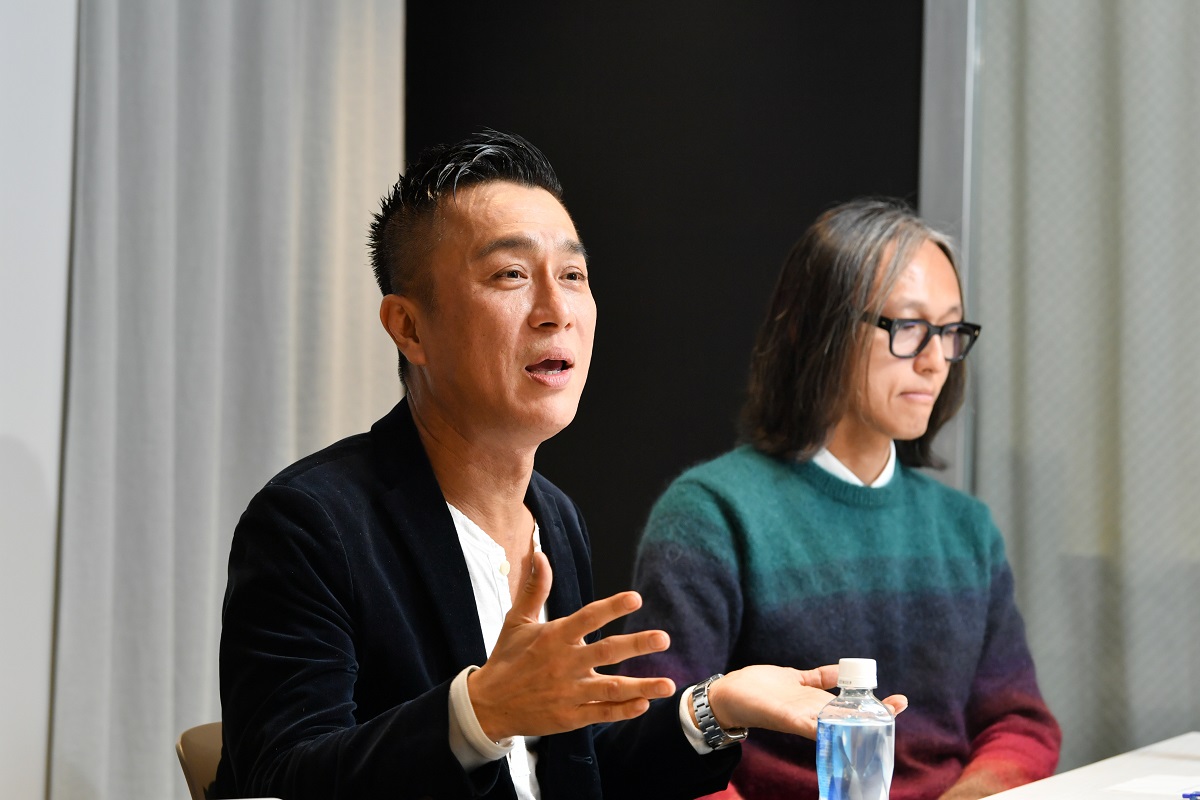
If someone was going to do it, it might as well have been us
Can you tell us what you are excited about going forward?
HARADA (TEKO)
TEKO and DTFA have different cultures, ways of thinking and ways of coming up with solutions. I think that mutual respect is the thing that’s needed to generate synergies between the companies. Afterall, ad agencies and consulting firms are sometimes competitors. I look forward to creating successes for the partnership on top of a base of respect.
MIYAKE (DTFA)
I know both ad agencies and consulting, so I am very excited about realizing a partnership between the two. When different organizations work together, speed can be a problem in many cases. I look forward to building a team that can compete on speed by optimizing our decision-making mechanisms.
ITO (DTFA)
What we are trying to do is something that Japan today needs, and if someone’s going to do it, it might as well be us. That’s honestly how I feel. Carl Lewis, the first man to break the 10-second barrier, said something like, “Someone was going to go under 10 seconds, so I wanted to be the one.” I feel exactly the same as Carl Lewis. [Laughs]
OSAWA (TEKO)
Through this collaboration, I want to come up with things that lots of people really need. I want to see if we can bring about things that are definitely needed, not things that “might be nice.” It is this that will prove the value of this collaboration. I look forward to ensuring the success of this challenge hand in hand with our clients.
The collaboration’s website (in Japanese)
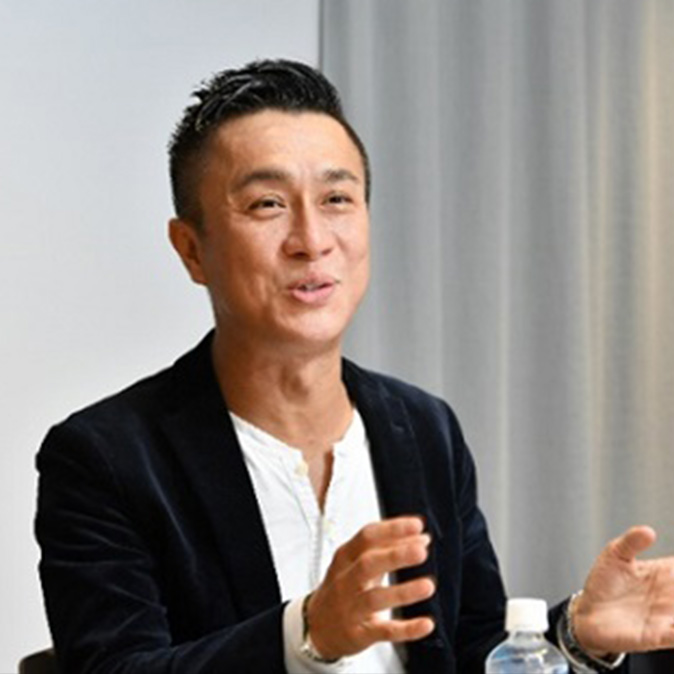
TEKO
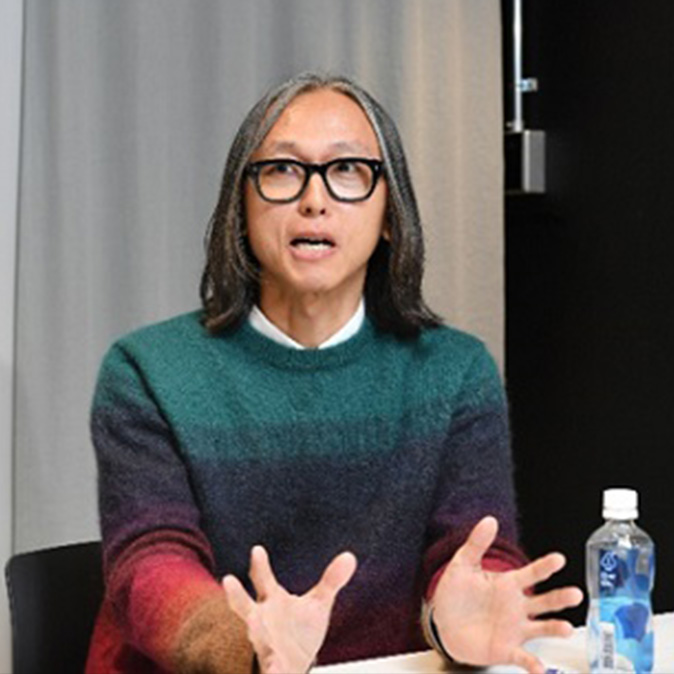
TEKO
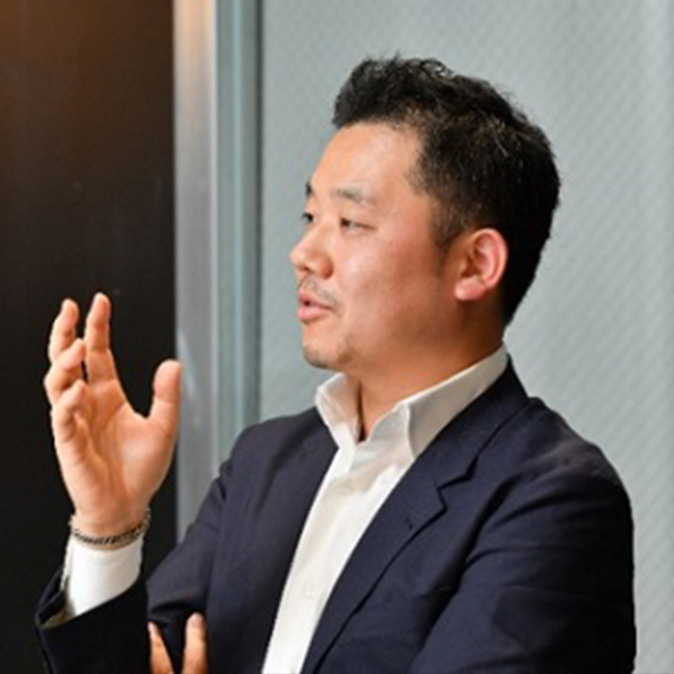
Head of Life Sciences & Health Care
Deloitte Tohmatsu Financial Advisory LLC
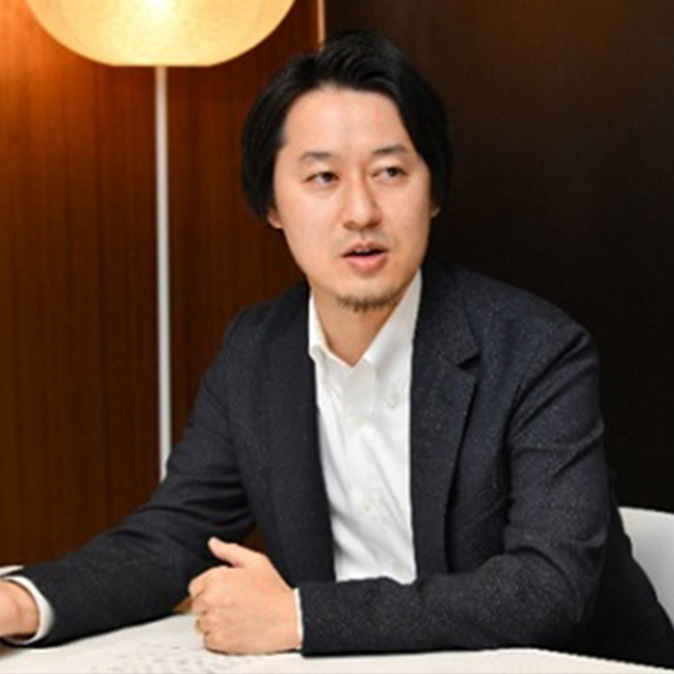
Deloitte Tohmatsu Financial Advisory LLC













